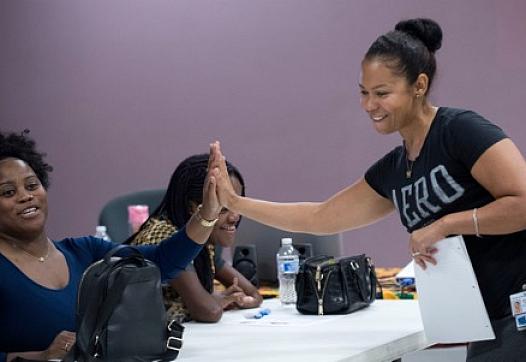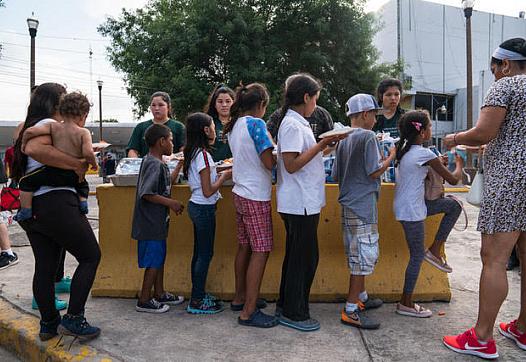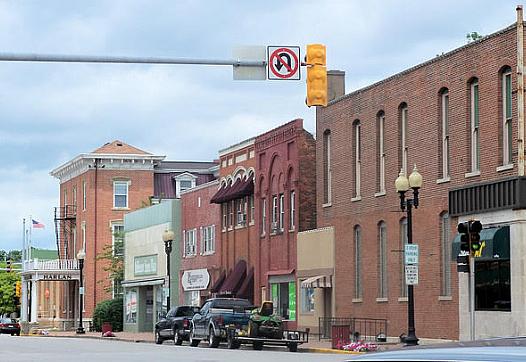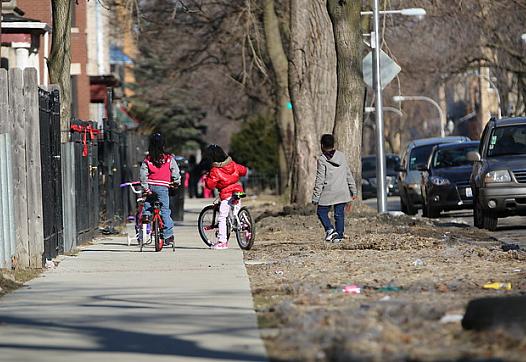
Per-gish Carlson was within sight from his father’s house, where Blue Creek meets the Klamath River, where he recounted a story of Troy Fletcher and his ugly fish.

Per-gish Carlson was within sight from his father’s house, where Blue Creek meets the Klamath River, where he recounted a story of Troy Fletcher and his ugly fish.

Five practical takeaways from reporting on how communities are tackling persistent disparities in infant mortality, in the midst of newsroom downsizing and shifting beats.

A reporter sets out to explore the unprecedented challenges education professionals are facing as they attempt to create programs that support undocumented children who are navigating life in a foreign country.

In May, ICE agents raided a precast concrete plant on Mount Pleasant’s west side. Thirty-two men, most from Guatemala, were detained. That one event has led to months of turmoil for the families of the men and the community.

How often do young people in neighborhoods in which gang and drug violence are a daily occurrence receive help and services before they get sent to the alternative school, arrested, or worse?

San Francisco Unified Superintendent takes our reporter on a tour of his hometown — to explain why he’s so passionate about boosting the academic success of black students here.

An apparent link between risky behavior and bias-related bullying tends to be stronger in California’s more segregated counties.

In the void of failed government programs, health workers are trying new ways to tackle high rates of asthma on Native American reservations.

Over 100,000 undocumented immigrants in Calif.'s San Bernardino County alone are eligible for Medicaid benefits. But does that mean they'll be able to find quality care in the county's safety net?

In Philadelphia, the number of black children under age 5 diagnosed with type 1 diabetes has shot up 220% since the mid-1980s — and no one knows why.